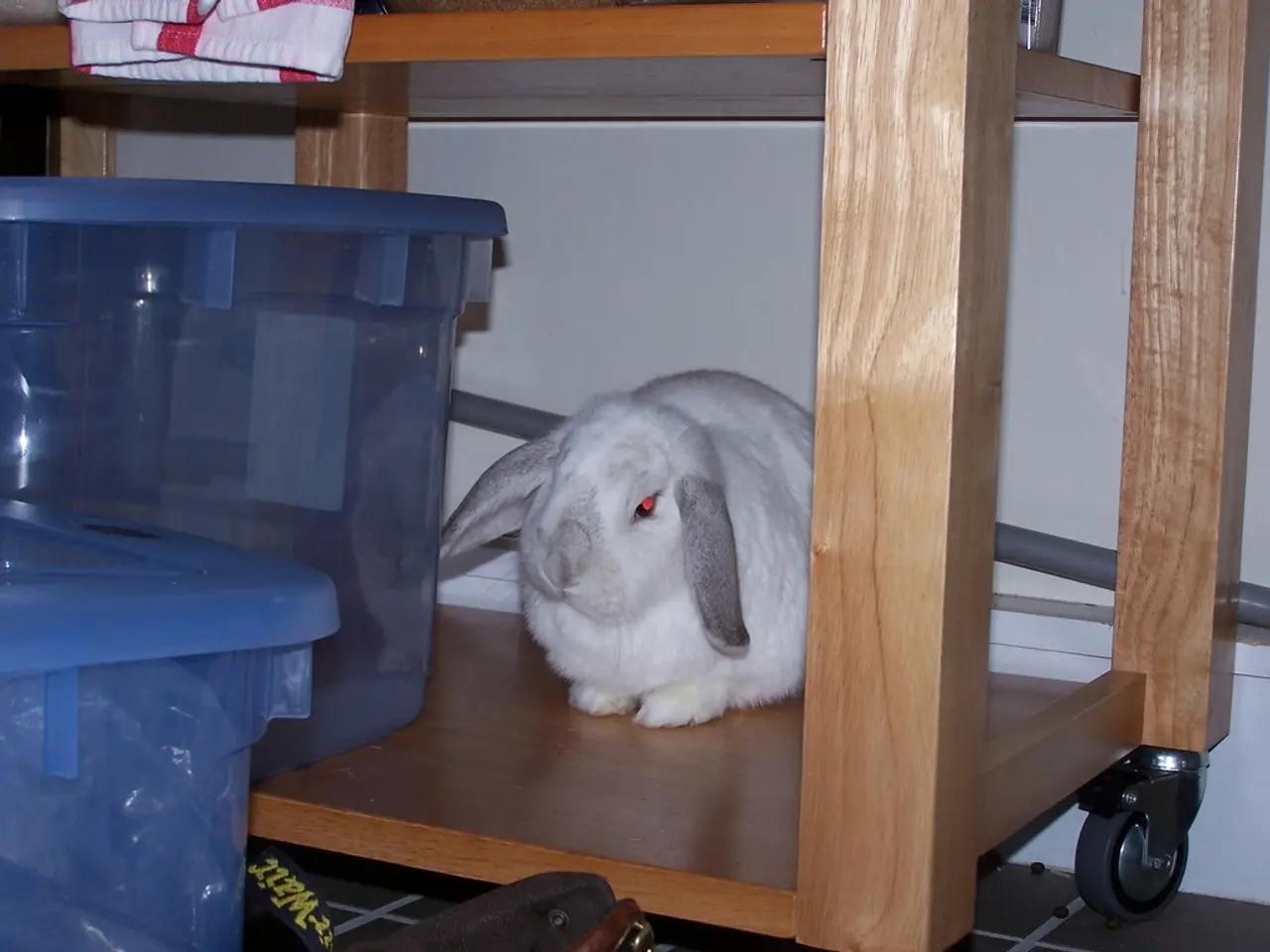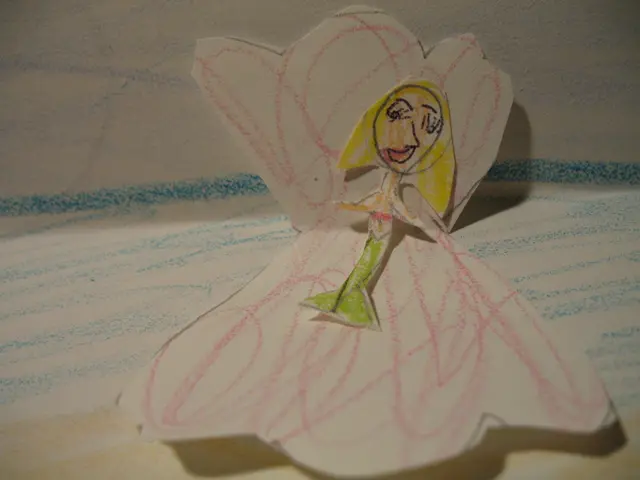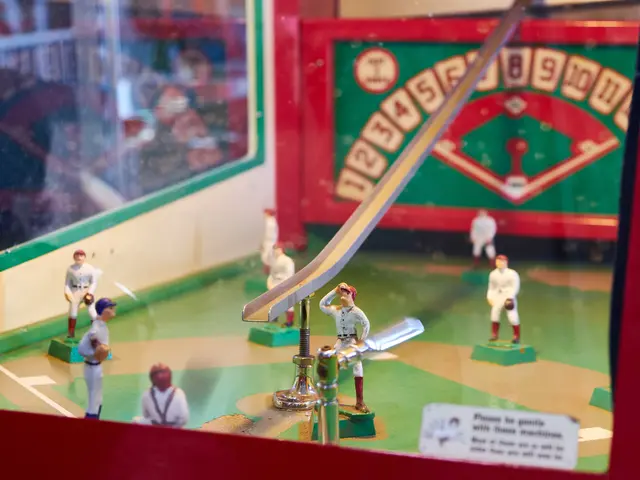Strategies confirmed by veterinarians to maintain your rabbit comfortable during summer heat
Dr. Rebecca MacMillan, a qualified vet with 16 years of experience working with small animals, offers valuable insights on how to keep rabbits cool during the summer months. Dr. MacMillan graduated from the Royal Veterinary College in London in 2009 and holds a BSAVA postgraduate certificate in small animal medicine. She writes on various feline and canine topics, including behavior, nutrition, and health.
In addition to providing plenty of cool water and regular grooming, Dr. MacMillan recommends several methods to help rabbits effectively cope with heat stress.
Prioritizing Ventilation
Ensuring good ventilation is crucial for keeping rabbits cool. Using fans or placing hutches where cross-ventilation is possible can help reduce heat buildup.
Creating Shade Zones
Never place rabbit cages in direct sunlight. Instead, use shade cloths, canvas tarps, or movable coverings for effective shading.
Installing Cooling Stations
Provide cooling surfaces such as ceramic tiles, frozen water bottles wrapped in towels, or damp towels draped over cages. These can help lower the immediate ambient temperature.
Adjusting Feeding Times
Offer fresh greens during early morning or late evening hours to avoid heat stress caused by midday temperatures.
Indoor Relocation on Extremely Hot Days
If possible, bring rabbits indoors on extremely hot days, or move their hutches to shaded, cooler areas and rotate the shade throughout the day as it moves.
Maintaining a Safe Temperature
Rabbits should not be kept in an environment exceeding 77°F (25°C).
Grooming and Heatstroke Prevention
Regular grooming is essential for rabbits during summer. The Small Pet Select HairBuster Comb is a recommended tool for rabbit grooming, helping to remove fur down to the undercoat while massaging the skin. Regular grooming can help prevent excess dead fur, keeping rabbits cool and comfortable.
Recognizing Heatstroke Symptoms
Signs of heatstroke in rabbits include weakness, panting, drooling, hot or red ears, collapsing, seizures, rapid breathing, increased water consumption, and warmer ears. If you notice any of these symptoms, take the rabbit to a vet immediately.
Preventing Flystrike
Flystrike, a parasitic condition, is a concern for rabbits during summer. Regular bottom checks are essential to prevent this condition.
Always remember to never cover a rabbit in a damp towel or cloth, as this can lead to discomfort and potential health issues. Electric fans can provide a refreshing breeze for rabbits, but it's important to check them regularly for damage.
This article was last updated in July 2025 by Megan Milstead.
[1] Rabbit Welfare Association & Fund. (2021). Rabbit Care Guide. Retrieved from https://www.rabbitwelfare.co.uk/advice/rabbit-care-guide
[2] House Rabbit Society. (n.d.). Summer Care. Retrieved from https://www.rabbit.org/summer-care/
[3] The Rabbit Hut. (2021). Rabbit Care Guide. Retrieved from https://www.therabbithut.co.uk/rabbit-care-guide/
[4] Small Pet Select. (n.d.). HairBuster Comb. Retrieved from https://smallpetselect.com/products/small-pet-select-hairbuster-comb
[5] Vets Now. (2021). Rabbit Heatstroke. Retrieved from https://www.vets-now.com/pet-advice/rabbit-heatstroke/
A qualified veterinarian, Dr. Rebecca MacMillan, provides tips on managing rabbit health during summer. She advises prioritizing ventilation, creating shade zones, installing cooling stations, adjusting feeding times, and indoor relocation for extreme heat. Rabbits should not exceed 77°F (25°C) and regular grooming is essential with the Small Pet Select HairBuster Comb. Recognize heatstroke symptoms like weakness, panting, and hot ears, seeking veterinary care immediately. Prevent flystrike through regular bottom checks, avoiding damp cloths or towels on rabbits and checking electric fans for damage. This advice is updated by Megan Milstead in July 2025, with additional information from the Rabbit Welfare Association & Fund, House Rabbit Society, The Rabbit Hut, Small Pet Select, and Vets Now.








